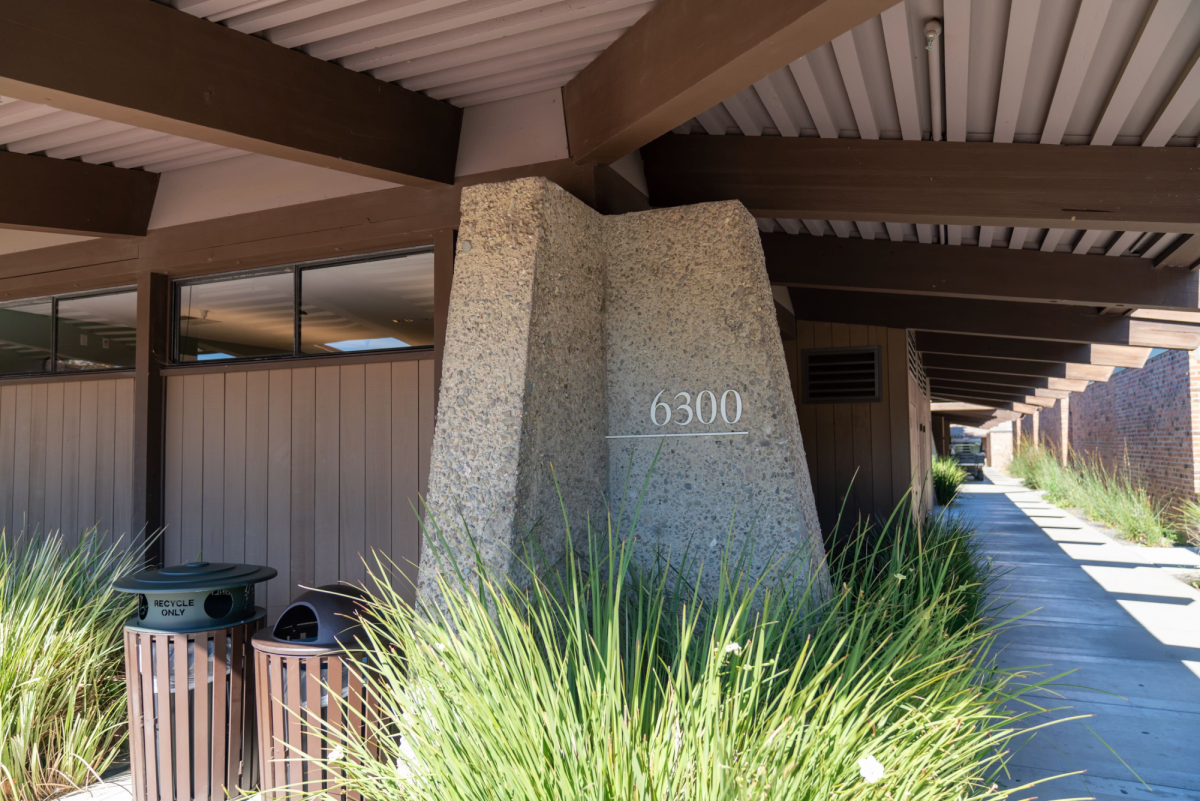Written by: Ayala Tzadikario
In Jan. 2016, the new California Healthy Youth Act (California Education Code Sections 51930-51939) was passed. It requires all California school districts to provide unbiased comprehensive sex education to all public school students. To comply with this act, PAUSD schools decided to implement a curriculum from Health Connected to middle schools. Health Connected is a local nonprofit agency that has been instructing High School Living Skills teachers for the past six years.
Recently, after hearing about problems with the curriculum in Cupertino, Palo Alto parents have started a petition against the Health Connected curriculum with over 1300 signatures. According to their official website, many parents feel that the curriculum is inappropriate for middle schoolers and that there should have been more parent input when selecting the new sex education curriculum.
Superintendent Max McGee feels that although parents should have had more of a voice in the deciding process, they did have an opportunity to learn about the Health Connected curriculum before it was presented to students. The curriculum was already taught at Terman and JLS without a problem, and Dr.McGee believes that a possible problem with the curriculum at Jordan is because of the lack of parents who went to the informational sessions. “We had about 100 parents attend sessions at JLS and Terman but only two parents showed up at Jordan session,” McGee said.
The reason that middle schools picked the Health Connected curriculum, regardless of parent input, is because it aligned with the new California law. According to Palo Alto Unified School District (PAUSD) Communications Director Jorge Quintana, schools found the Health Connected curriculum to be the best option for middle schools because it included all the new state-required subjects and it will help them better understand the similar material in high school. “While PAUSD has taught health standards using a variety of supplemental resources for more than 15 years, the Health Connected resources are a response to the mandated topics required by California law and ensure consistency of information to all students,” Quintana said “Selecting Health Connected to provide elementary and middle school sexual health information allows for K-12 alignment in the district and continuity for our students and families.”
These reasons are a consensus across schools. Living Skills teacher Lynne Navarro has been teaching the Health Connected curriculum at Gunn for the past 6 years and believes that it has all the state-mandated topics that should be taught in schools. “I think their curriculum is really good; their curriculum actually follows Ed code very strictly and it is really important that the curriculum we’re using be aligned with what the law says we should do,” Navarro said. “The law states that we cannot have an abstinence only education, it has to be medically accurate, culturally appropriate, and have teachers that are well-trained.”
On the contrary, parents who signed the petition feel that the curriculum is actually going against the law because it is neither age nor culturally appropriate. According to their official website, parents don’t believe that the curriculum is following the law because they think it is not appropriate and encourages students to partake in sexual activities or dangerous activities that step on family values. Parents believe that the since the material was written for 14 to 18 year olds, when it is taught to 12 or 13 year olds it is no longer education but sex seduction that may not agree with values they have taught their kids.
Navarro believes that Health Connected is not trying to encourage students to do anything dangerous or irresponsible, instead encouraging students to have important conversations with parents. “The Health Connected curriculum that we use here is very careful not to step on family values and we talk about what the law states,” Navarro said. “We don’t talk about what is good or bad, right or wrong, and we constantly say that is a conversation to have with parents.”
Quintana thinks that sex education curriculums do sometimes seem to be going against family values, even if that is not the intention. “Realizing that these topics and others may not be aligned with some family values, California Law, PAUSD, and Health Connected all provide the right to opt out of this unit,” Quintana said.
Parents disagree that opting out is a preferred option. According to their website, parents believe that sex education is very important and needs to be taught to their students. Although they believe that some of the curriculum is unsuitable for middle schoolers, they do not want their children to miss crucial information.
McGee understands that this curriculum is not working out right now without modifications, and he wants to encourage parents to suggest other options. “We have already surveyed the students, we are going to survey the parents and our own teachers and get their thoughts on the curriculum and things we could adapt or retain, or if there is anything we can substitute for next year,” McGee said.











Rosie • Sep 3, 2017 at 7:14 am
Opting out should never be an option.